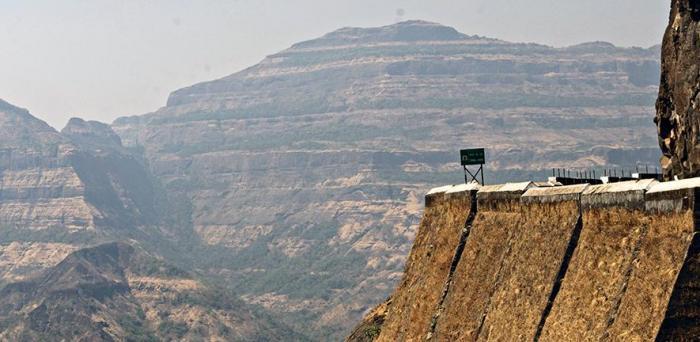Earth has experienced five major extinction events over the last 500 million years, the fifth and most recent responsible for wiping out the dinosaurs 66 million years ago. Massive volcanic eruptions have been identified as a major driver in the environmental change which triggered at least three of these extinctions.
But what dealt the final blow to the dinosaurs – whether an enormous outpouring of lava from the Deccan Traps volcanic province in India or a large asteroid impact or perhaps a combination of the two – has remained open to debate.
Now, a multi-institutional research team, led by scientists from the City University of New York (CUNY), and involving the University of Cambridge, has, for the first time, accurately pinpointed the timing and amount of carbon released from Deccan Traps volcanic province. The new data means scientists can now assess the role of volcanism in climate shifts around the End-Cretaceous mass extinction.
The team’s data show that CO2 outgassing from Deccan Traps magmas can explain a warming of Earth’s global temperatures by roughly 3 degrees Celsius during the early phases of Deccan volcanism, but shows that the warming had lessened by the time of the mass extinction event.
Their findings support the theory that later Deccan magmas were not releasing that much CO2, suggesting that volcanic carbon emissions didn’t play a major role in the dinosaur’s extinction.
“The results are important because they show that major volcanic events can release substantial amounts of CO2 not just from surface vents, but also from the large and complex plumbing systems that feed them. Even though volcanic carbon emissions alone couldn’t have triggered the mass extinction, our data highlights their influence on our planet's climate and habitability,” said co-author Professor Sally Gibson, from Cambridge's Department of Earth Sciences.
Image: Deccan Traps, India
Credit: Loÿc Vanderkluysen, Drexel University
Reproduced courtesy of the University of Cambridge
